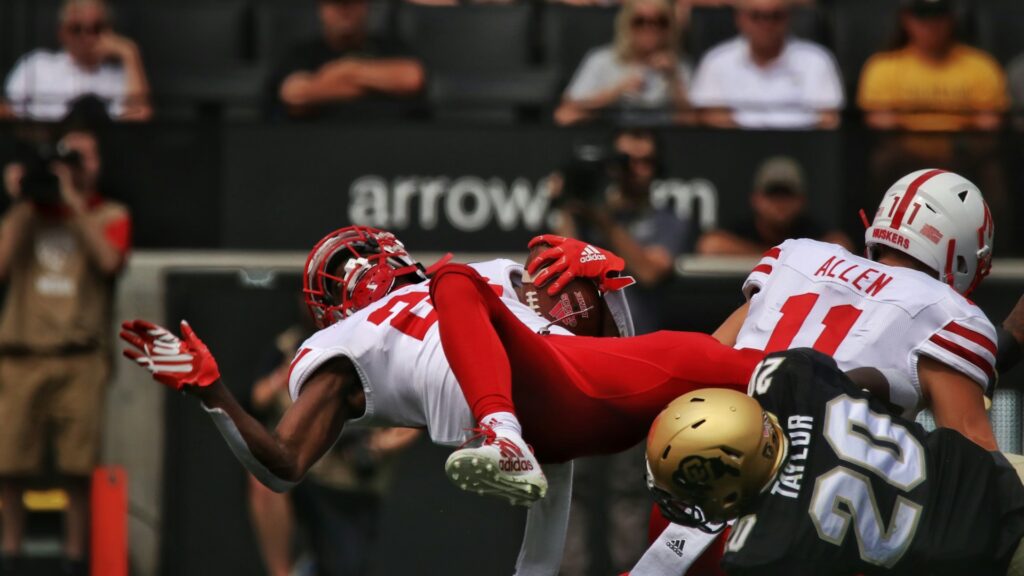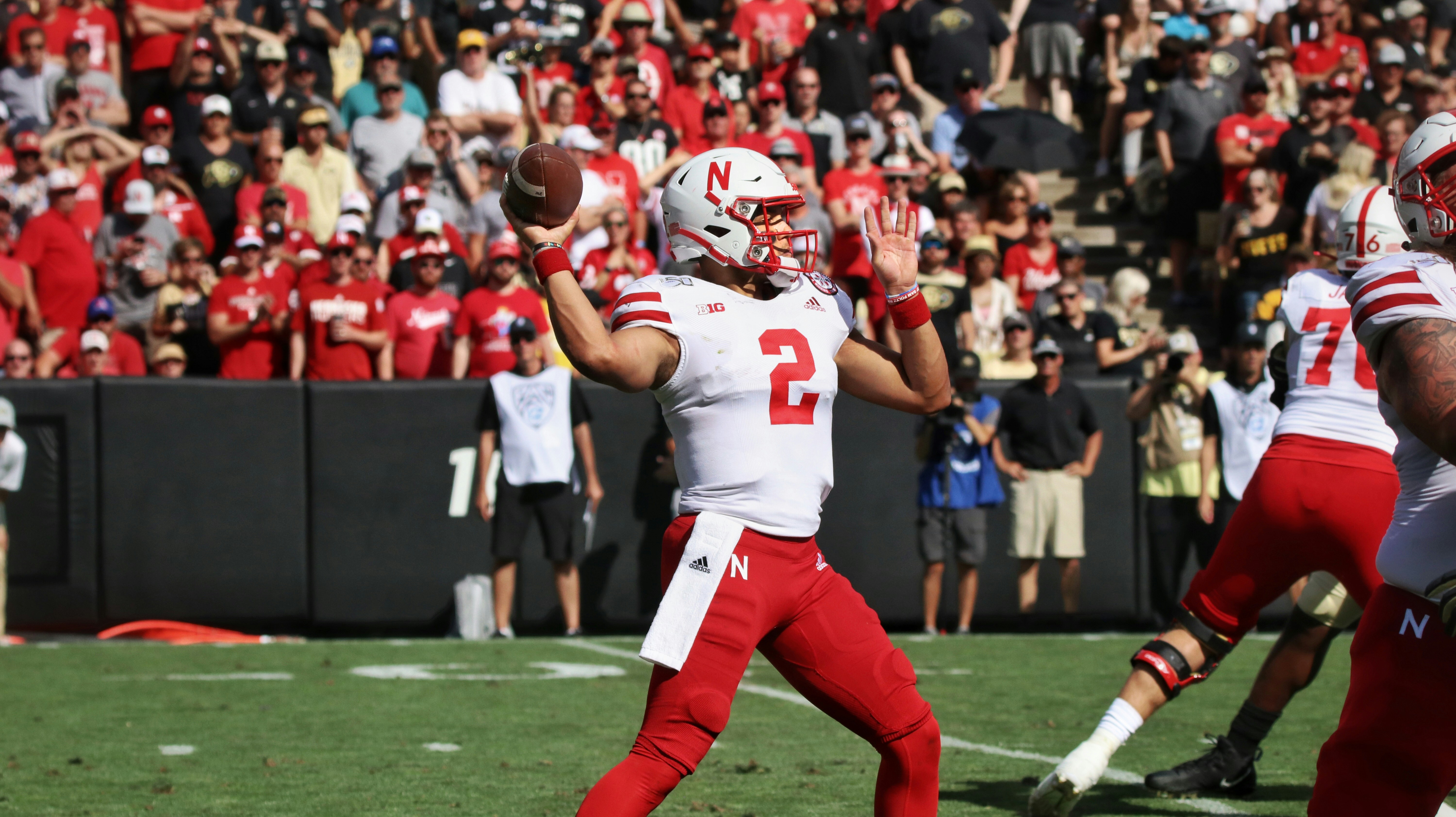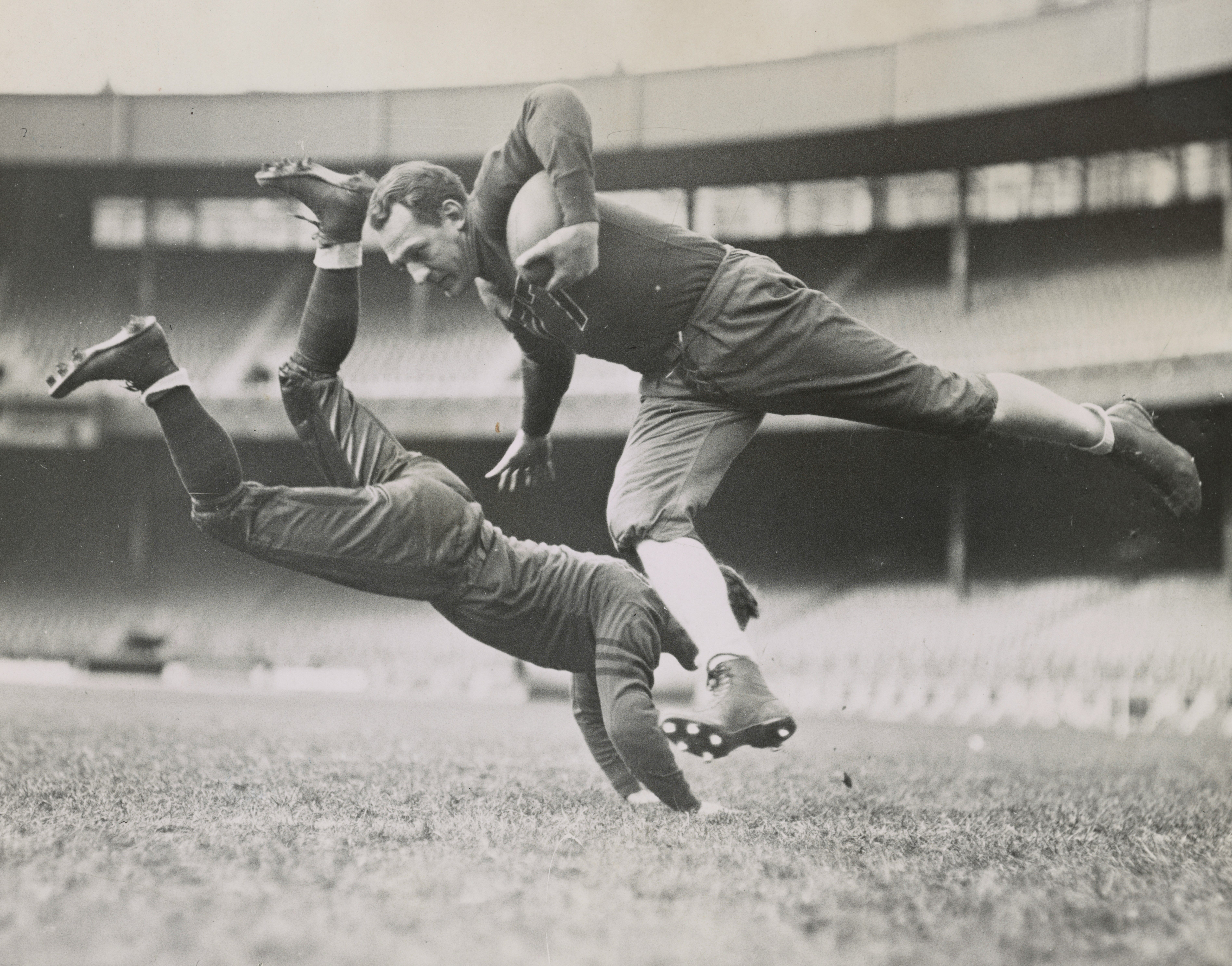Back in the late 1800s, college football was the sport. Tens of thousands of fans packed the stands, while major-league baseball teams were lucky to draw 3,000. Pro football? That was still more than a decade away.
But football wasn’t just popular—it was brutal. And deadly.
In those early days, moving the ball was a grind, and scoring was even harder. Players wore almost no padding, no helmets, nothing to protect them. They used their bodies like battering rams, and the injuries were gruesome—kicked shins, bites, eye gouges, wrenched spines, cracked skulls. In 1904, The Chicago Tribune counted 18 deaths from football, mostly among high school players. The next year? Another 19. Schools like Stanford, Northwestern, and Duke had had enough and dropped the sport. Others threatened to do the same unless something changed.

That’s when President Theodore Roosevelt stepped in. His own son played for Harvard’s freshman team, and with public outrage growing, he made it clear—either football cleaned up its act, or it was done.
So, in December of that year, reps from 62 schools gathered in New York to fix the game. They banned the “flying wedge,” a dangerous mass formation that left too many players crumpled on the field. They created a neutral zone between offense and defense. And they made teams gain 10 yards in three downs instead of five.
But the biggest, most game-changing rule? They made the forward pass legal. And that changed everything.

At first, critics scoffed. They thought it would soften the game, make it less exciting. Instead, it did the opposite. The forward pass opened up the field, sped up the action, and helped turn football into the game we know today.
The lesson? Adaptation is key. Roosevelt and football’s rule-makers recognized that brute force alone wasn’t sustainable—it had to be paired with strategy and innovation. The same is true in business. As Michigan’s legendary head coach Bo Schembechler put it, “Every day you either get better or you get worse. You never stay the same.”
In today’s business environment, Project Portfolio Management (PPM) helps organizations do exactly that—transform strategy into reality. Just like the forward pass revolutionized football, effective PPM enables businesses to move beyond sheer effort and make smarter, more strategic plays that drive long-term success.












